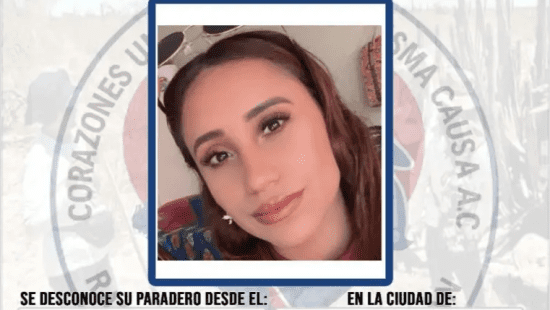Dr. Ilan Shapiro firmly believes that the Latino community is undergoing a positive transformation after the pandemic.
“There are many prejudices against our community, but if you look at the mortality rates, diabetes, and heart problems, we are doing better than other communities,” he tells me.
What is the reason? I ask him.
“There is no clear answer. If someone knew, they would have already said it. We have some ideas, the resilience of Latinos, their cultural and dietary habits, but frankly, I can’t give you a reason,” he adds.
I joke with him. He has a playful, lighthearted personality, where he talks about serious things using simple language.
It feels like I’m listening to my pastor, I tell him.
He bursts into laughter.
“Just that it’s not Sunday yet,” he replies.
“There are many stigmas against our community. It’s what we call the Latino paradox. Our economic situation, many people living next to highways, in polluted areas, but truthfully, we are better off than other communities,” adds the Chief Health Correspondent and Medical Affairs Officer at AltaMed Health Services.
For him, our diet plays a significant role.
“If you observe, Mexican food, no matter what you eat, has nutrients. But there’s also another element: our culture. We are together as a family, with these support networks. If you eat at home, you don’t misbehave, you behave properly, and when there’s a graduation, even the household cat is present. That helps combat toxic stress,” he adds.
For him, mental health is one of the most important issues at the moment, and although the Latino community is not massively involved in this discussion, they are starting to integrate through the different services becoming available to them.
“Mental health is like the skin. We only pay attention to it when we get burned,” he says. “We all have good days and bad days. Exercising, doing yoga, or meditation is very important. Imagine, if we as adults have problems, the challenges that children face are even greater. That’s where adults need to step in. Sharing tools with them so they can navigate this period. It’s a collective effort,” he adds.
I ask him about the idea within the Latino community that mental health, yoga, or meditation are not for us.
“These are part of the barriers we are changing. There are more resources now, they can see therapists, physically or through online services that we are making available to them. It’s crucial for children to understand that exercise is fundamental and relieves stress. These are tools, and they work. But we have to do it as a group, as a family, as a community. It’s like wearing a bulletproof vest because otherwise, it hurts you,” he concludes.
Dr. Shapiro’s 5 tips:
- Most importantly, Dr. Shapiro’s diet. First, you have to go to the pantry and get rid of all your sins. Keep what serves you and isn’t toxic.
- Exercise as a family. Children learn from what they see. We need to find at least an hour to go for a walk and be together as a family. For example, I have a routine with my children where we do 10 push-ups together when we wake up. We all suffer, but we’re there.
- Sleep cycles. And it all starts with dinner. We need to have dinner together, have a conversation. Ask ourselves what we’re grateful for and what we would like to change.
- Mental health. Do yoga, pray, meditate.
- Give back to the community. If someone needs it, give them a taco, a hug, or a phone call.








